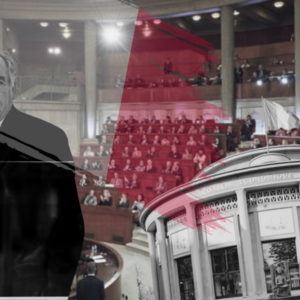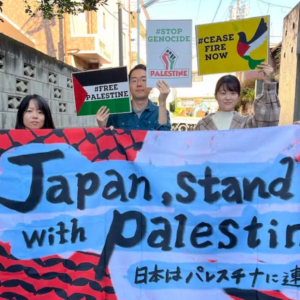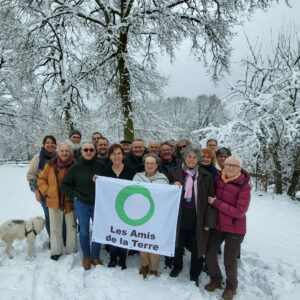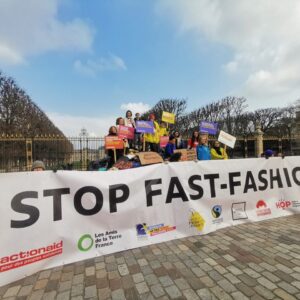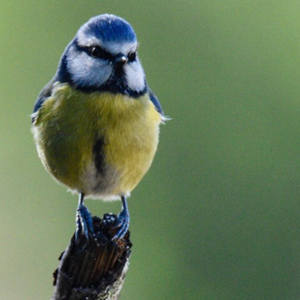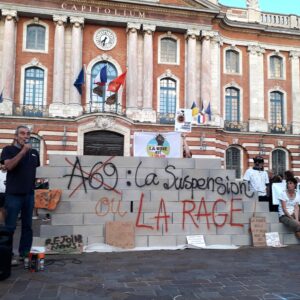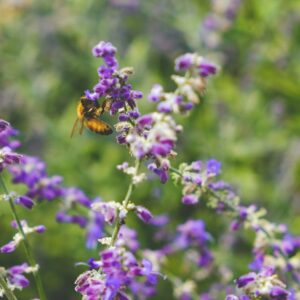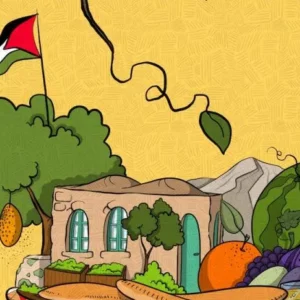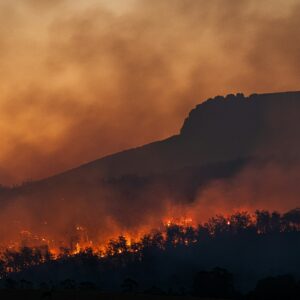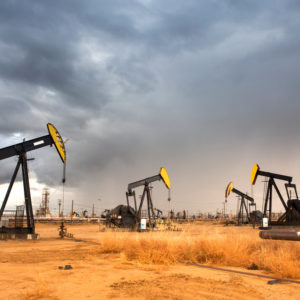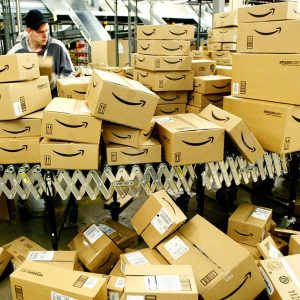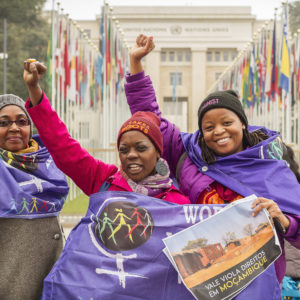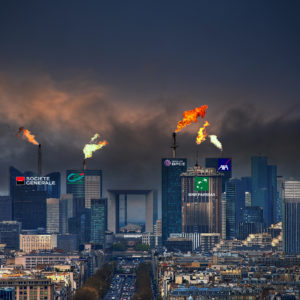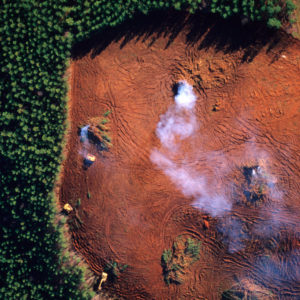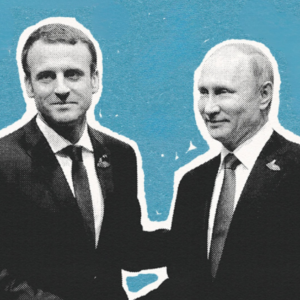
Russian gas and fertilisers: how Europe and France are still financing Putin’s war
Ten days before the three-year anniversary of Russia's invasion of Ukraine, Friends of the Earth France is publishing an analytical note revealing the continuing scale of Russian gas and fertiliser imports into Europe and France.
The note (in french) shows how France remains a strategic link in Russian gas exports around the world, on which Russia depends to finance its war. Europe does not need Russia to meet its energy needs, so why continue to pay it billions? It’s time to put an end to this hypocritical complicity!
Russian gas imports have fallen overall since 20211, but this average masks some disturbing realities. Despite the fall in pipeline imports, imports of liquefied natural gas (LNG) are on the rise, as are imports of nitrogen fertilisers (produced from ammonia, which is mostly derived from fossil gas). Between 2021 and 2022, Russian LNG imports have risen by 11% for Europe – and 44% for France. French imports of Russian fertilisers have risen by 86%, from 402,000 tonnes (t) in 2021 to 750,000 t in 2023.
France has thus become Europe’s leading importer of Russian LNG: in the first half of 2024, it accounted for 37% of Russian LNG imports into Europe via its Dunkirk and Montoir-de-Bretagne terminals. As Europe’s biggest consumer of chemical fertilisers, France is also one of the leading importers of Russian fertilisers, along with Poland and Germany.
« Almost half of Russian exports go to Europe. Europe is less dependent on Russia to meet its energy needs than Russia is on Europe to finance its war. We can quickly put an end to this murderous complicity by adopting the right policies to reduce consumption »
How are these imports helping to finance Putin’s war? Since the invasion on 24 February 2022, the European Union has paid more than 210 billion euros to Russia to import oil (110), gas (97) and coal (3.6). More specifically, these imports support the war in several ways. Firstly, through the taxes imposed by the Russian government on Russian gas production and export companies. Similarly, as the European Union has exempted fertiliser traffic from sanctions, Putin has taken the opportunity to create new taxes on these products. It is estimated that Putin’s regime has earned 110 million euros from this customs tax on fertilisers, and 600 million euros from the tax on profits; these sums will be paid by European farmers and citizens through CAP subsidies.
« The EU must urgently adopt the European Commission’s recent proposal for a tax on Russian fertilisers, and combine it with measures to protect European farmers from excessive price rises »
Faced with this serious situation, one might think that the famous European sanctions had limited the damage. However, it was not until June 2024 that the first sanctions targeting fossil gas were adopted. In fact, these sanctions only concern gas re-exports and not imports: a ban on re-exports could therefore result in an increase in imports, without changing the problem.
Svitlana Romanko, Razom We Stand’s founder and executive director, adds: « As we approach the third year of Russia’s horrific war against Ukraine, it’s shocking that EU imports of Russian LNG have actually increased. The EU has a historic opportunity to deal Russia a strategic blow by ridding itself of Russian fossil fuels. The French government in particular must take responsibility by halting imports of Russian liquefied gas and enshrine it in legislation at the EU level. »
To put an end to these billions paid to Russia, Friends of the Earth France recommends :
- reduce the consumption of fossil fuels, starting by increasing the budget allocated to the energy renovation of buildings;
- reduce the consumption of chemical fertilisers by developing agro-ecological practices and supporting organic farming much more strongly;
- not supporting so-called ‘green’ fertilisers, which will deplete our water resources and are extremely expensive;
- support the introduction of a complete ban on Russian LNG imports as part of the next package of European sanctions against Russia.
They will account for only 19% of European imports in 2024 and 13% of French imports in 2023.



